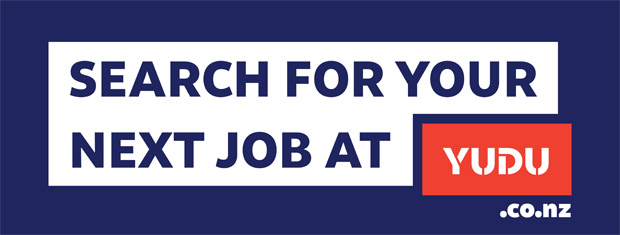
Want to be rich? Don't be born poor. Only one in 100 entrants to our elite university courses come from the most deprived homes, a Weekend Herald investigation has found.
One university took only a single decile one entrant - out of more than 2000 - into its engineering programme in five years. At the same time, it took more than 500 decile 10 students.
Admission rates to law and medicine were similarly dire, with only a handful of poor students in each intake, data uncovered by the Weekend Herald shows.
Critics say the figures raise fears education can no longer fulfil its role as society's "great leveller" - as gaps between rich and poor are so entrenched they are almost impossible to overcome.
Despite its egalitarian beginnings, New Zealand is now the eighth most unequal society in the OECD - worse than the United Kingdom, economist Brian Easton says.
"What would its founding 19th century migrants have thought about the fact that New Zealand is now more unequal than the countries they left?" he said.
Achievement gaps between rich and poor exist throughout the school system, but are widest at tertiary level. For example, at NCEA Level 2 there is a seven percentage point lag between the pass rates of low- and high-decile students, by the time pupils take University Entrance, that grows to 44 points.
Similarly, while only 17 per cent of low-decile students go to university, 50 per cent of for high-decile students do.
The largest chasm, however, is in second-year university courses with limited numbers and high entry thresholds - degrees which also lead to the highest salaries.
Data sourced from six universities shows while 60 per cent of the almost 16,000 students accepted into professional law, medicine and engineering in the past five years came from the richest third of homes, just 6 per cent came from the poorest third.
If you only include decile one schools - the most disadvantaged - that figure drops to just 1 per cent.
For example, Victoria law school took just eight decile one students. Otago law took three. And of 2000 total entrants, Canterbury engineering took just a single decile one student in five years.
"People think education is a level playing-field but this is showing that's not the case," Auckland University sociology professor Alan France said.
"We talk about increasing Māori and Pacific participation at university, but actually the underlying issue is socio-economics. It's money. It's class. It's privilege."
He said because it was uncomfortable for the middle class to acknowledge they had an inherent advantage over the poor, New Zealand had largely ignored its inequality issues.
However, he warned it did so at its peril. Lack of opportunities for the poor was both morally and socially wrong. WIth an increasingly diverse society it was important to have professionals who represented society, he said.
/arc-anglerfish-syd-prod-nzme.s3.amazonaws.com/public/QO7CC5ZHTZFGHHNWOA4UFCZEVY.jpg)
Universities New Zealand data showed it was also good for the taxpayer to encourage tertiary education. Tertiary graduates earned an average $1.4 million extra across their lifetimes, and had better health and housing outcomes.
The universities told the Weekend Herald the main reason they didn't accept more poor students was because they didn't get the grades, and low-decile schools in particular needed to focus on getting more students to Year 13.
Schools said it was unfair to put all the burden on them, and that universities needed to do more work to lift equity levels, with better outreach and transition programmes, and more scholarships.
Otago medical graduate Ashley Insley agreed, saying the only reason she was able to become a doctor after dropping out of school at age 14 was because of a Māori equity scholarship she came across by accident while working in a cafe in her home of Te Kaha.
/arc-anglerfish-syd-prod-nzme.s3.amazonaws.com/public/6EACEE7NORBE3COOT5J2EQE2JQ.jpg) Ashley Insley says if universities did more, students from deprived backgrounds would be more encouraged to consider programmes like medicine, law and engineering. Photo / Alan Gibson
Ashley Insley says if universities did more, students from deprived backgrounds would be more encouraged to consider programmes like medicine, law and engineering. Photo / Alan Gibson
Before then, she'd never met anyone who went to university, and it wasn't encouraged by her school.
"It's hard just to stop being poor, to change your situation when you're in it," she said. "If the universities reached out it would encourage more people to consider professional programmes."
However, sector body Universities New Zealand said equity funding was a major barrier.
Chief executive Chris Whelan said universities were not encouraged to take more "marginal" students, and there seemed to be no recognition that poverty had more impact on achievement than ethnicity.
Whelan also criticised the Government's fees free policy as "not putting resource in the right place."
/arc-anglerfish-syd-prod-nzme.s3.amazonaws.com/public/QDQRSQ4URZAVNFBNTGUFMUADOA.jpg)
Education minister Chris Hipkins said fees free was about changing the public attitude to post-school education. He knew there was more work to be done on the relationship between socioeconomics and achievement, and had asked the universities to consider it.
The Tertiary Education Commission said its current goal was focusing on Māori and Pasifika participation. Its other focus was on better career advice in schools. Other equity programmes were up to individual universities, it said.
Take your Radio, Podcasts and Music with you










